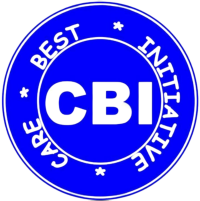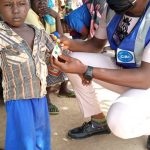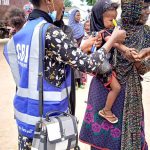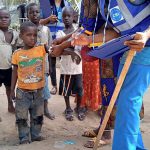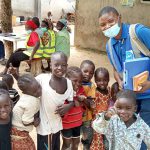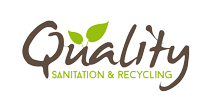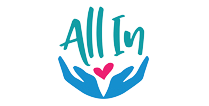Our Programmes
Psychosocial Support
The term ‘psychosocial’ refers to the dynamic relationship between the psychological dimension of a person and the social dimension of a person. The psychological dimension includes the internal, emotional and thought processes, feelings and reactions, and the social dimension includes relationships, family and community network, social values and cultural practices. ‘Psychosocial support’ refers to the actions that address both psychological and social needs of individuals, families and communities.
Psychosocial support can be both preventive and curative. It is preventive when it decreases the risk of developing mental health problems. It is curative when it helps individuals and communities to overcome and deal with psychosocial problems that may have arisen from the shock and effects of crises. These two aspects of psychosocial support contribute to the building of resilience in the face of new crises or other challenging life circumstances.
WHAT IS PSYCHOSOCIAL WELL-BEING?
The Constitution of the World Health Organization defines health as “a state of complete physical, mental and social well-being” and not merely “the absence of disease or infirmity”. The Psychosocial Working Group suggests that the psychosocial well-being of individuals and communities is best defined with respect to three core domains.
Psychosocial well-being is dependent on the capacity to use resources from these three core domains which are (Human capacity, social ecology and culture and values) in response to the challenge of experienced events and conditions. The Psychosocial Working Group suggests that challenging circumstances, such as crises, deplete these resources resulting in the need for external and assistance to rebuild individual and communal psychosocial wellbeing.
Psychosocial support: development support, disorder prevention and remedial activity.
KEY PRINCIPLES:
- Psychosocial support should be integrated in everyday life.
- The central idea is that every child or young person is an individual.
- In remedial activity: co-operation with specialized services, also treatment if needed.
- A confidential relationship between an employee and a young person is essential.
- Active presence of a worker and doing things together.
- Regular daily routines effects on feeling safe
Psychosocial well-being is experienced both in the personal individual and the social interactive domain, and is also influenced by external factors, such as livelihood, shelter and physical health, as shown in the model (Human capacity, social ecology and culture and values) on the tag beside.
